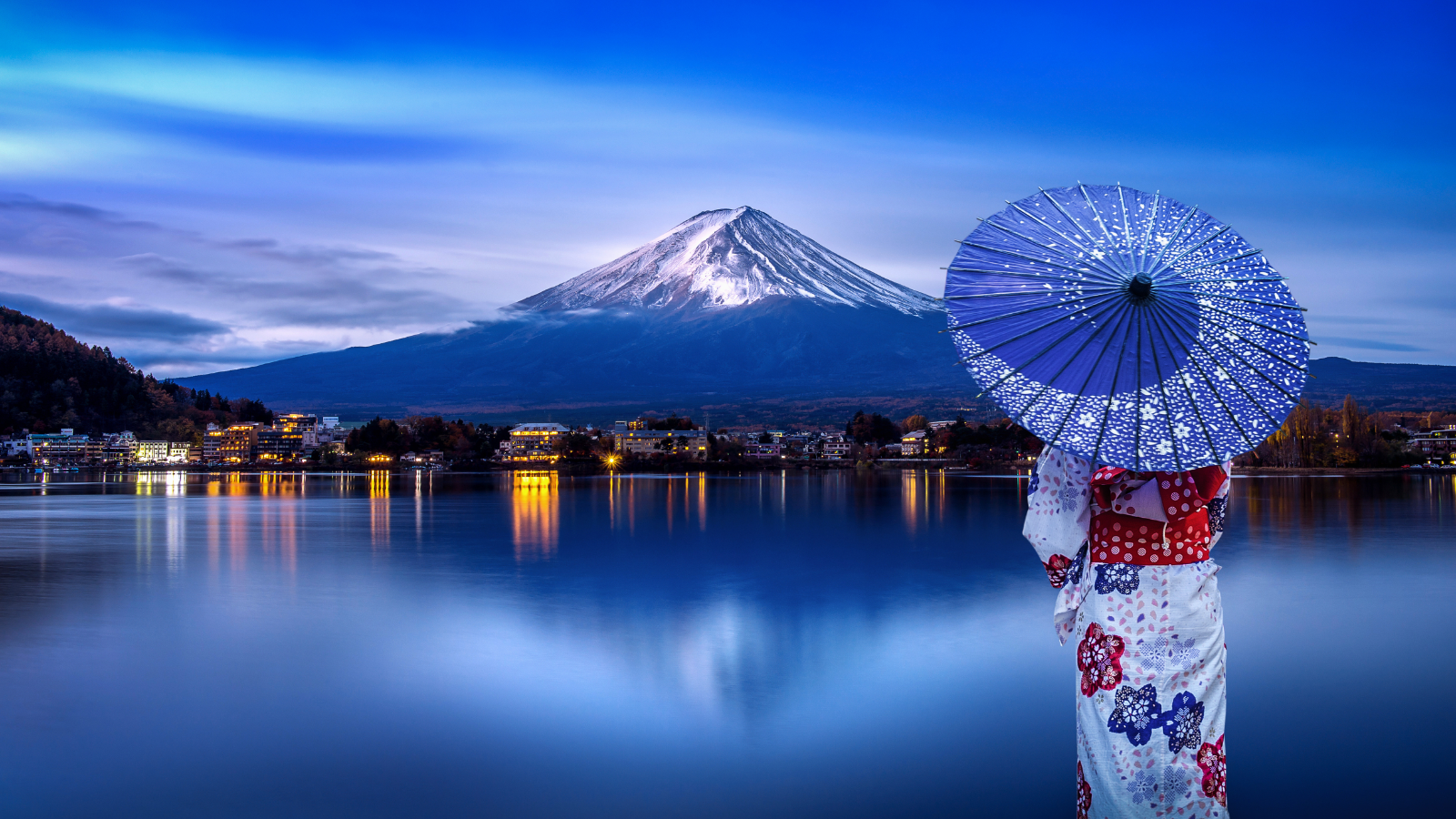Fukui Prefecture, located in the Chubu region of Japan, is a hidden gem known for its stunning natural landscapes, rich cultural heritage, and historical significance. With its dramatic coastline, ancient temples, and renowned dinosaur museum, Fukui offers a unique blend of natural beauty and historical intrigue.
History and Culture
Historical Significance
Fukui has a deep historical legacy, with roots extending back to the Jomon period. The prefecture was an important center during the Sengoku period, and this history is preserved in landmarks such as Maruoka Castle and the Eihei-ji Temple, one of the two head temples of the Soto school of Zen Buddhism.
Cultural Heritage
Fukui is known for its traditional crafts, including Echizen pottery and Echizen washi (Japanese paper), both of which have been produced in the region for centuries. The prefecture also celebrates various festivals, such as the Fukui Phoenix Festival and the Echizen Pottery Festival, which highlight its rich cultural traditions.
Economy and Industry
Fukui’s economy is diverse, with strengths in agriculture, manufacturing, and tourism. The region is famous for its high-quality rice and seafood, particularly crab and mackerel. Fukui is also known for its textile industry, producing high-quality fabrics used in traditional kimono and modern fashion. Additionally, the prefecture’s rich history and natural beauty attract tourists year-round.
Attractions and Activities
Historical and Cultural Sites
- Maruoka Castle: Known as “Kasumi-ga-jo” or “Mist Castle,” it is one of the oldest surviving castles in Japan.
- Eihei-ji Temple: A serene Zen Buddhist temple founded in 1244, offering meditation experiences and temple stays.
- Ichijodani Asakura Clan Ruins: An archaeological site preserving the remains of a castle town from the Sengoku period.
Natural Attractions
- Tojinbo Cliffs: Dramatic basalt cliffs along the Sea of Japan, offering breathtaking views and boat tours.
- Dinosaur Valley Fukui Katsuyama Geopark: Home to the Fukui Prefectural Dinosaur Museum, one of the world’s top dinosaur museums.
- Echizen-Kaga Kaigan Quasi-National Park: Featuring scenic coastlines, beaches, and hiking trails.
Cuisine
Fukui’s culinary scene is renowned for its fresh seafood and traditional dishes. Local specialties include:
- Echizen Crab: A delicacy known for its sweet, tender meat, best enjoyed during the winter season.
- Oroshi Soba: Buckwheat noodles served with grated daikon radish and a flavorful dipping sauce.
- Kombu Maki: Rolled kelp simmered in a sweet-savory sauce, often served during festive occasions.
Conclusion
Fukui Prefecture is a captivating destination that combines natural wonders, historical depth, and rich cultural traditions. Whether you’re exploring ancient castles, admiring coastal cliffs, or delving into the world of dinosaurs, Fukui offers a unique and enriching experience for all visitors. Its blend of serene landscapes and vibrant culture makes it a must-visit location for anyone traveling to Japan.

